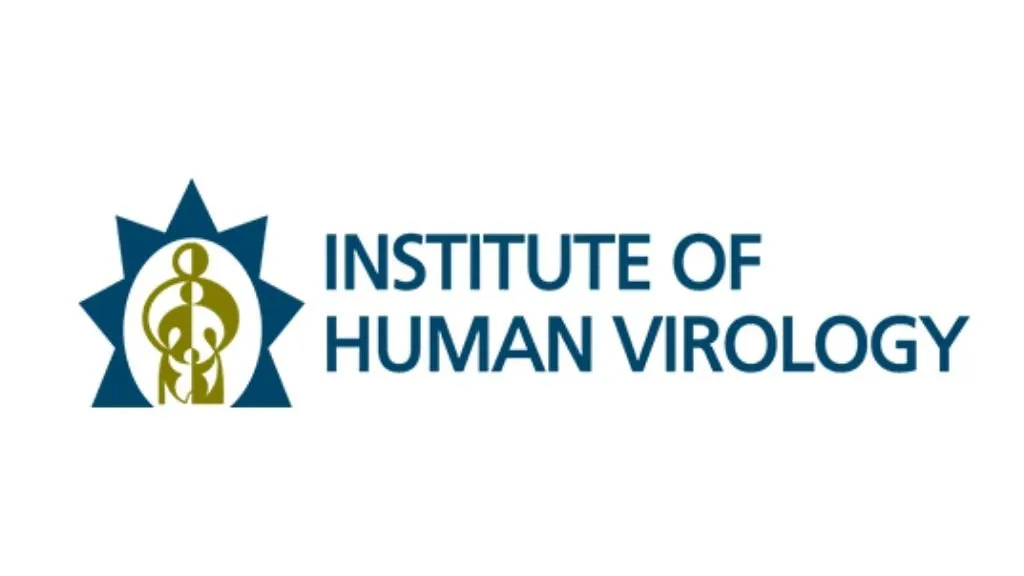By Iyemah David
Nigeria is expanding its ability to detect and respond to infectious disease threats by leveraging existing laboratory platforms, adopting multiplex testing, and enhancing genomic sequencing capabilities.
Executive Director of the International Research Centre of Excellence (IRCE) at the Institute of Human Virology, Nigeria (IHVN), Professor Alash’le Abimiku stated this at the close-out meeting of the five-year SECURE-Nigeria project, on Monday in Abuja.
SECURE-Nigeria was implemented to address priority gaps identified in Nigeria’s Joint External Evaluation (JEE) and strengthen national capacity to meet International Health Regulations (IHR 2005).
Working with the Nigeria Centre for Disease Control (NCDC), National Primary Health Care Development Agency (NPHCDA), state health ministries, and partners, the project deployed interventions to improve surveillance, laboratories, data use, infection prevention, and outbreak response.
Prof. Abimiku explained that laboratories established through PEPFAR, Global Fund, and other initiatives were being adapted to test for multiple pathogens simultaneously, increasing efficiency and outbreak readiness across the country.
“If you have a platform for HIV, you can add consumables to detect other pathogens, including dengue and Lassa fever.
“Molecular biologists trained in one technique can apply it to multiple diseases,” she said.
She highlighted the critical role of genomic sequencing in outbreak response, explaining that sequencing enables laboratories to differentiate newly introduced viruses from long-circulating strains, as seen when Omicron replaced Delta during the COVID-19 pandemic.
“Sequencing data informs policymakers whether interventions, including vaccination campaigns or targeted containment measures, need to be adjusted to control disease spread effectively,” Abimiku said.
She also stressed the importance of subnational capacity development, noting that rapid outbreak response often depended on local laboratories and trained personnel, as centralised responses from Abuja could delay interventions.
Director-General of NCDC, Dr Jide Idris, described coordination across laboratories, surveillance programmes, and emergency response teams as a critical pillar for effective public health action and epidemic preparedness.
“Coordination, confident leadership, and governance are essential. Incident Management Systems must be understood and followed to prevent chaos and save lives during emergencies,” he said.
Dr Idris further emphasised the role of technology in modern surveillance, noting that genomic sequencing and real-time data monitoring support evidence-based decision-making and faster identification of pathogens.
“Technology is essential. It enables us to detect, monitor, and respond to emerging threats quickly. Without it, delays could cost lives during public health emergencies,” he said.
The remarks underline Nigeria’s commitment to innovation, coordination, and local capacity-building to strengthen its public health system and protect citizens against priority pathogens.
SECURE-Nigeria has left a lasting legacy in laboratory optimisation, outbreak intelligence, workforce development, and emergency response coordination, reinforcing Nigeria’s ability to manage current and future public health threats effectively.




